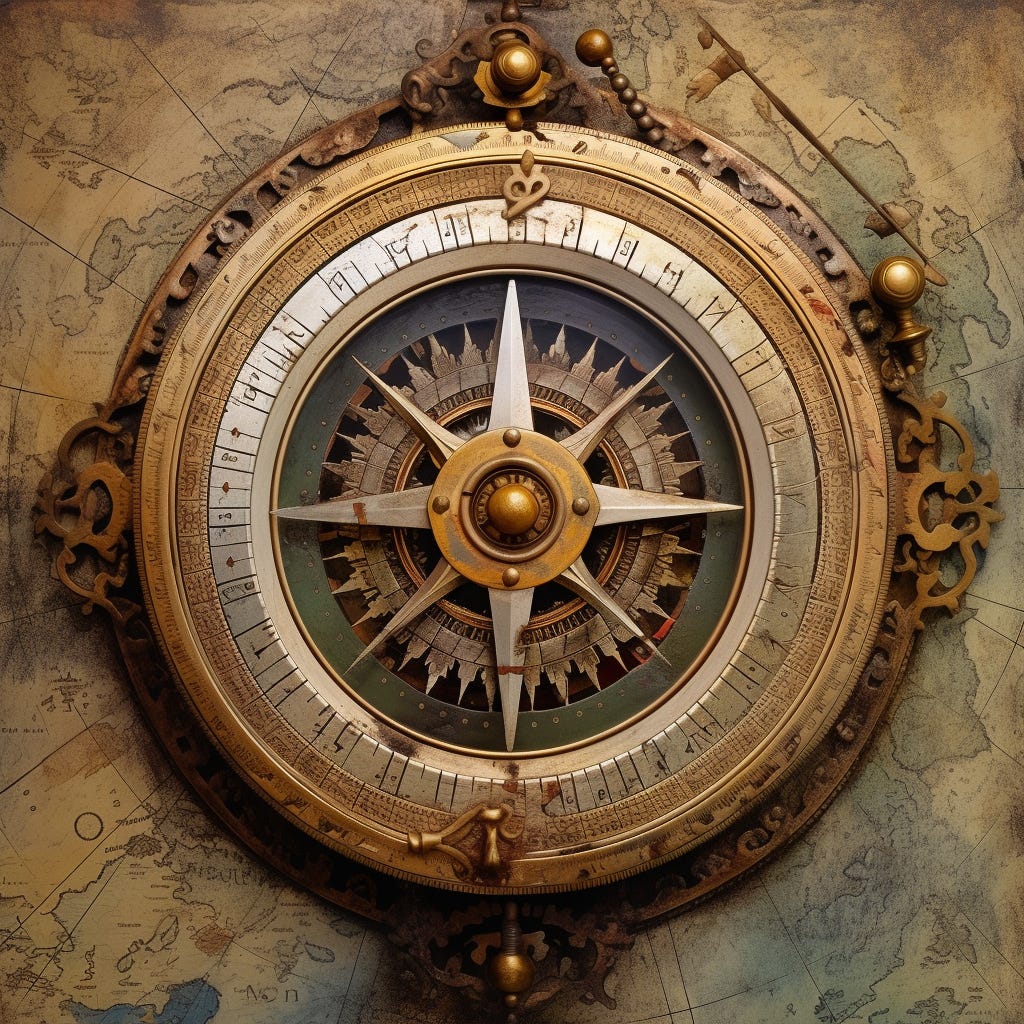Where is your Cato?
Drawing Inspiration from Cato the Younger to Build a Better Self
Over the years, I have read a lot of Seneca, Marcus Aurelius and a few books on Stoicism. I have enjoyed the style of the Stoics and the way they simplify the most complex of emotions to its bare elements. One of the books that I have on my desk at all times is, The Daily Stoic by Ryan Holiday. This book contains 366 pages, one for each day of the year.
This short essay is inspired by a thought from the book, titled “Find Yourself A Cato” and you can find it in the book on the page dated - March 10th.
Who was Cato?
Cato the Younger was a prominent figure in ancient Rome and is often regarded as one of the most notable Stoic philosophers of his time. He was born in 95 BCE and died in 46 BCE. Many references of Cato often mention his unwavering commitment to principles and his uncompromising integrity.
Cato's commitment to virtue made him an model for Stoic philosophy. He practiced self-discipline, frugality, and resilience, considering them essential for leading a good life. His indomitable spirit and commitment to principles continue to resonate today, offering valuable lessons for those seeking personal growth and self-improvement.
During his time, Cato was a role model to many. You can read more about him here - Cato the Younger.
Why are you telling me about Cato?
Ryan Holiday, the author of the book uses Cato’s example to convey what Seneca, a prominent Stoic philosopher wanted to state, that we all should have, a model, if not in person, but in our minds to guide us when taking actions. Our own Cato.
There should be someone to witness our behavior. A principled guiding force. A compass. Today, in a way, this could be interpreted as having a clear set of mental models to rely on when you are faced with a situation. Your own model could be a combination of other models, wisdom, quotes, phrases, articles, books, gestures, words, people, thoughts and more. They could all come together to manifest your own guiding force, your own Cato.
To build this guide in your mind, takes time. It is natural that everyone has a model but many don’t acknowledge its presence. If you are conscious about it you are going to nourish it with the best possible sources. The key element in building your own Cato is the actual effort to examine our own thoughts, actions, and motivations. This will help us align ourselves with our values and make intentional choices.
Introspection is key.
So, where is your Cato? It's a question for each of us to think about. Who or what inspires you to be a better person? What does better mean for you? What values do you want to live by?
Book Recommendation (Affiliate Link):


